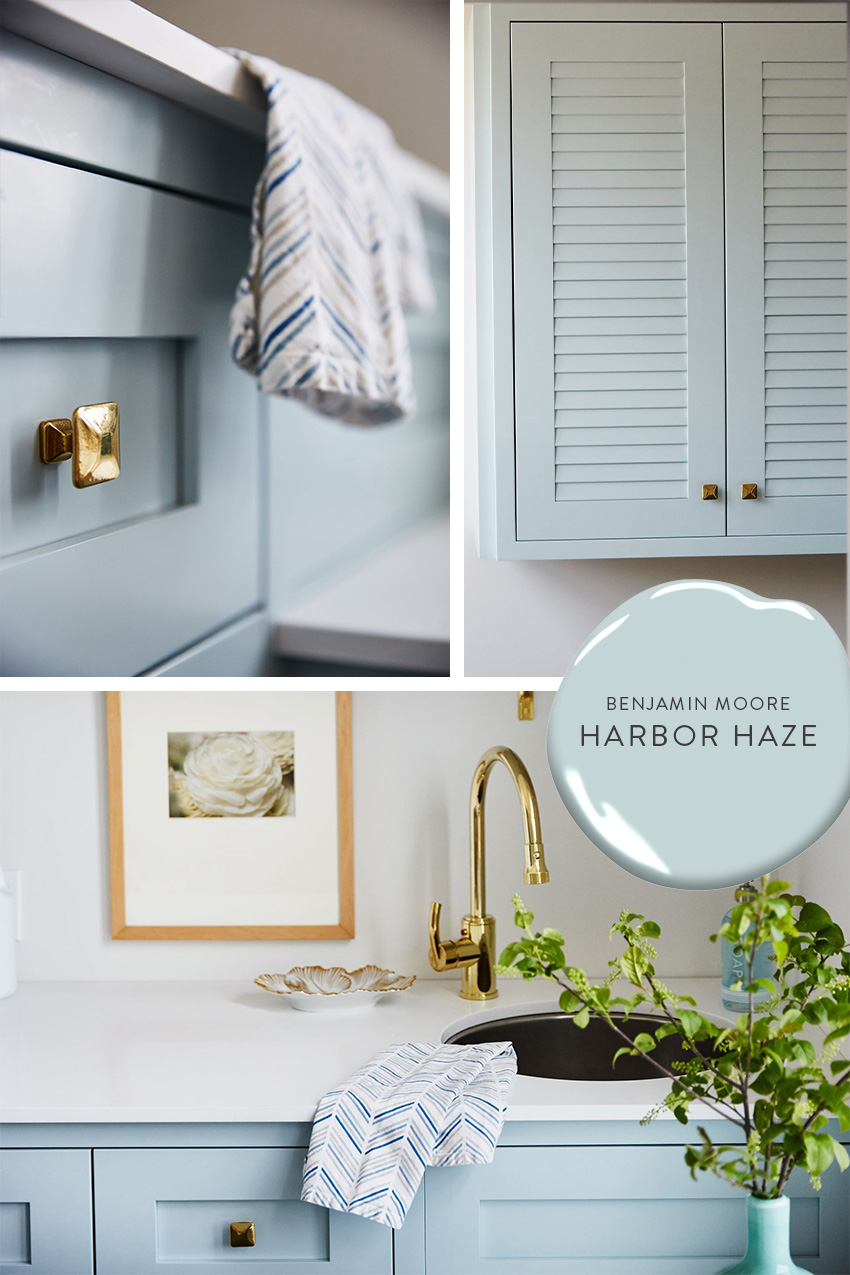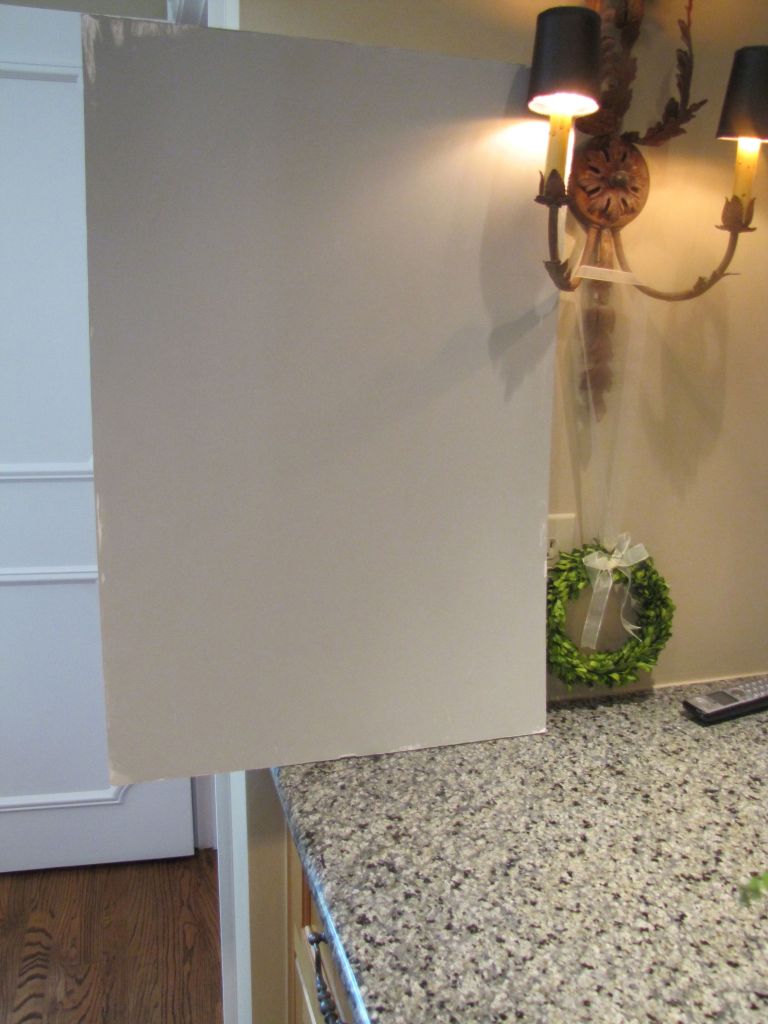Decoding Benjamin Moore Sea Haze: The Ultimate Color Guide

What exactly is the essence of Benjamin Moore Sea Haze? This question has captivated designers and homeowners alike, drawn to its subtle yet powerful presence. Sea Haze isn't just a color; it's an experience, a whisper of the ocean brought indoors. This exploration delves into the nuances of Sea Haze, guiding you through its application and revealing its transformative potential.
Imagine a serene coastal morning, the soft mist hovering above the water, the subtle blend of blue and green reflecting the sky. This evocative imagery encapsulates the essence of Benjamin Moore's Sea Haze (2137-50). It's a complex, muted aqua that resists simple categorization. More than just a paint color, it embodies a mood, a feeling of tranquility and understated elegance.
Benjamin Moore, a renowned name in the paint industry, crafted Sea Haze as part of its extensive color collection. While its precise origins remain within the company's archives, its enduring popularity speaks to its timeless appeal. This delicate shade transcends trends, offering a versatile backdrop for a variety of design styles.
The allure of Sea Haze lies in its adaptability. It can function as a subtle neutral, allowing other design elements to take center stage, or it can serve as the defining feature of a room, its calming presence setting the overall tone. Understanding the characteristics of Sea Haze, the shade's undertones and how it interacts with light, is crucial to harnessing its full potential. Its soft green-blue nature can appear differently under various lighting conditions, making test swatches essential.
Choosing a paint color can be daunting, but the desire for a serene and sophisticated space often leads people to hues like Sea Haze. It offers a refreshing alternative to stark whites or cool grays, creating a calming atmosphere without feeling sterile. This makes it a popular choice for bedrooms, bathrooms, and living areas where a sense of tranquility is desired.
Sea Haze is often described as a hazy, muted green-blue with gray undertones. This complexity gives it depth and prevents it from appearing too bright or overpowering. It pairs beautifully with natural materials like wood and stone, enhancing their inherent textures.
One of the significant benefits of Sea Haze is its versatility. It complements a range of design styles, from coastal and cottage to contemporary and minimalist. Its calming nature makes it suitable for creating relaxing bedrooms and spa-like bathrooms. Conversely, it can also inject a subtle touch of color into living rooms and dining areas.
Another advantage of Sea Haze is its ability to create a sense of spaciousness. Its soft, airy quality can make a room feel larger and more open, especially when paired with lighter trim and accents.
Finally, Sea Haze offers a connection to nature. Its subtle aquatic hues evoke a sense of calm and serenity, reminiscent of a tranquil seaside escape. This biophilic connection can enhance well-being and create a truly restorative environment.
Before committing to Sea Haze, testing it in your space is vital. Paint a large swatch on different walls to observe how the color changes throughout the day. Consider the room's lighting, existing furniture, and desired mood when evaluating the color.
Advantages and Disadvantages of Benjamin Moore Sea Haze
| Advantages | Disadvantages |
|---|---|
| Versatile and complements various design styles | Can appear too muted in rooms with limited natural light |
| Creates a calming and serene atmosphere | May require several coats for optimal coverage |
| Makes rooms feel more spacious and open | Subtlety may not be suitable for those seeking bold color statements |
Frequently Asked Questions:
1. What undertones does Sea Haze have? It leans towards green and gray.
2. What trim colors complement Sea Haze? White, cream, and light gray are excellent choices.
3. Is Sea Haze a cool or warm color? It's generally considered a cool color.
4. What is the LRV of Sea Haze? Its Light Reflectance Value is approximately 63.
5. Where can I buy Benjamin Moore Sea Haze? At authorized Benjamin Moore retailers or online.
6. Can I use Sea Haze in a small room? Yes, its airy quality can make a small room feel larger.
7. What sheen should I choose for Sea Haze? Eggshell or satin are popular choices for walls.
8. What colors coordinate well with Sea Haze? Consider soft corals, warm grays, and natural wood tones.
In conclusion, Benjamin Moore Sea Haze is more than just a paint color. It's an invitation to tranquility, a breath of fresh air for your interior spaces. Its versatile nature, calming presence, and subtle elegance make it a timeless choice for any home. By understanding its unique characteristics and following the provided guidance, you can harness the transformative power of Sea Haze and create a space that reflects your personal style and evokes a sense of enduring serenity. Embrace the subtle beauty of Sea Haze and transform your home into a haven of coastal calm.
Decoding behr green paint for your interior
Factory converted dormitories near me affordable housing solutions
Unlocking the secrets of the jeep cj lug pattern













